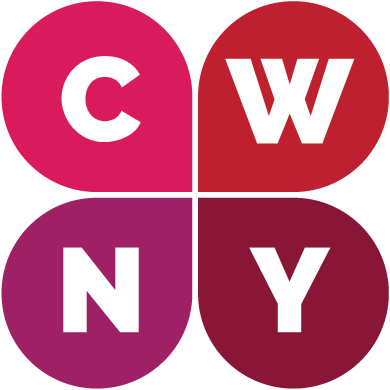“Each July, the legacy of author, advocate, and trailblazer Bebe Moore Campbell is honored by recognizing Bebe Moore Campbell National Minority Mental Health Awareness Month. Moore Campbell’s ability to tell impactful stories highlighting themes of racism, mental health, and family left a lasting mark on this world and is a foundation for much of the work that continues in support of Black, Indigenous, and people of color (BIPOC) mental health.” – Mental Health America
BIPOC Mental Health Month – Mental Health America
Site Announcements – July is National Minority Mental Health Awareness Month 2024 – Aglearn.usda.gov
Recognizing Bebe Moore Campbell National Minority Mental Health Awareness Month – American Psychiatric Association
National Minority Mental Health Awareness Month – FDA
Bebe Moore Campbell National Minority Mental Health Awareness Month – National Alliance on Mental Wellness (NAMI)
National Minority Mental Health Awareness Month – Mental Health Technology Transfer Center Network (MHTTC)
July is National Minority Mental Health Awareness Month – Health Partnership Clinic
CWNY’s list of resources on Mental Health – Center for the Women of New York (CWNY)
